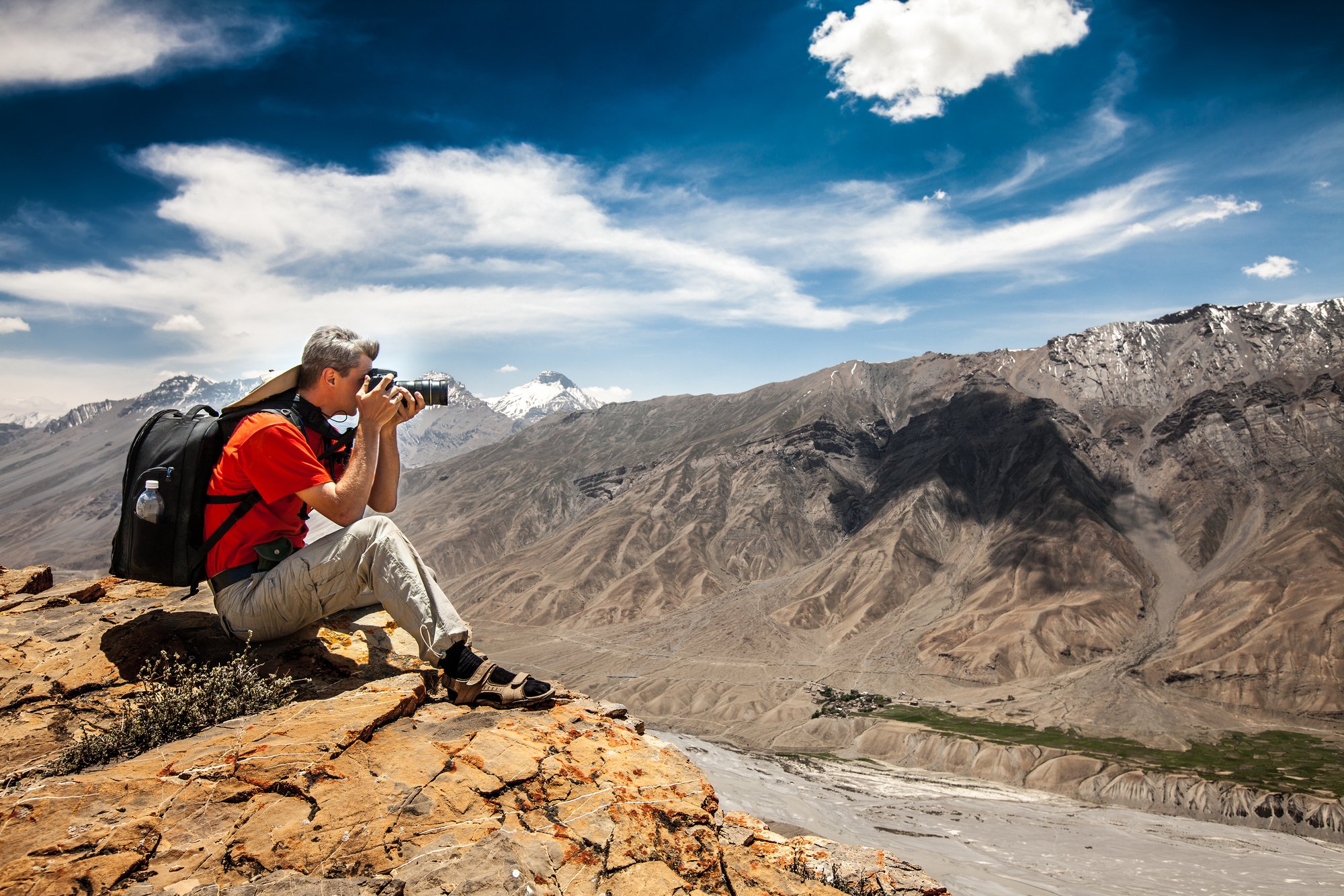The Woodland Camera Forum will present an unfastened program, “The Art of Travel Photography,” by artist-photographer Michael Dunlavey of Sacramento, at 7 p.m. Wednesday, April 10, at Norton Hall, 70 Cottonwood St, in Woodland.
His presentation is supposed to help you see the world on your tour via a picture with a one-of-a-kind eye. Dunlavey will provide examples of his snapshots and discuss composition, exploring simplicity instead of complexity, using mild and shadow, and coloration or the lack of color to decorate work. This can be an exploration of what vacationers often pass over.

Dunlavey enjoyed a forty-12 months career as a photograph, environmental, and eating place clothier. He became president and innovative director of The Dunlavey Studio, founded in Sacramento, and his wife, Lindy. During their careers, he and his spouse traveled appreciably at some stage in the world, constantly with a camera in hand, using the one’s pix as a suggestion for his watercolors.
Since his retirement, he has had eight watercolors, a two-person show at Viewpoint of his pix of Italy titled “Italia Bella,” and a solo exhibition of his photos and watercolors at the Tim Collom Gallery Sacramento. His watercolor artwork has been blanketed inside the Crocker Art Museum’s juried art public sale for eight years.
Dunlavey has enjoyed a countrywide reputation for creativity and imaginative layout answers that replicate his exclusive artistic vision for decades. His pictures were featured in a ten-year collection of international brochures for an Irish tour enterprise and an outstanding Italian tour organization. He says he’s been revered for donating his time and creativity as the Sacramento Habitat for Humanity’s principal photographer for the past eleven years.
Dunlavey has a deep love for and commitment to the arts and has an extensive history in art and layout. He received a bachelor’s degree and grasped levels in artwork and a coaching credential from Sacramento State. He sat on the Crocker Art Museum Association board of directors for 11 years and served on the choice committee that selected the architect for the brand-new Crocker Art Museum Expansion. He changed to the Sacramento Region Community Foundation board of directors for ten years, for which he served on the Arts Advisory Committee for Advancing Sacramento Arts, which generated a sustained investment circulation for small and medium-sized arts agencies within the Sacramento place.
Photography and journey pictures have been my passions for a long time, and now I would like to share some of the most essential stuff I’ve discovered through the years with our pricey readers. I began with a Nikon EM SLR, usually making slides, and upgraded to digital in 2002. The SLR had served me very well; however, I realized I might want to reduce the price of pictures to nearly nothing with virtual technology. After making dozens of pictures with the same concern approach, you are certain to have an amazing one! Only multiple years later, I observed the advantages of photo-modifying software programs like Photoshop.
Enough records. Let’s flow directly to my hints. In this article, I assume you’ve already got some experience with (digital) images, and I concentrate on the specifics of “shooting on the road.”
First, pick the right gadget. I like a semi-pro digital camera with a hard and fast lens and a lengthy zoom. The Panasonic Lumix collection, for example, has incredible value for cash. Best tour photographs happen fast. Most of the time, you don’t have time to trade lenses. Fixed lens additionally approaches you’ve got fewer troubles with dust. I continually preserve my digicam on car awareness and automobile publicity. Remember, satisfactory pictures occur fast. You can lose the motion and the proper light in seconds. Gone for all time!











